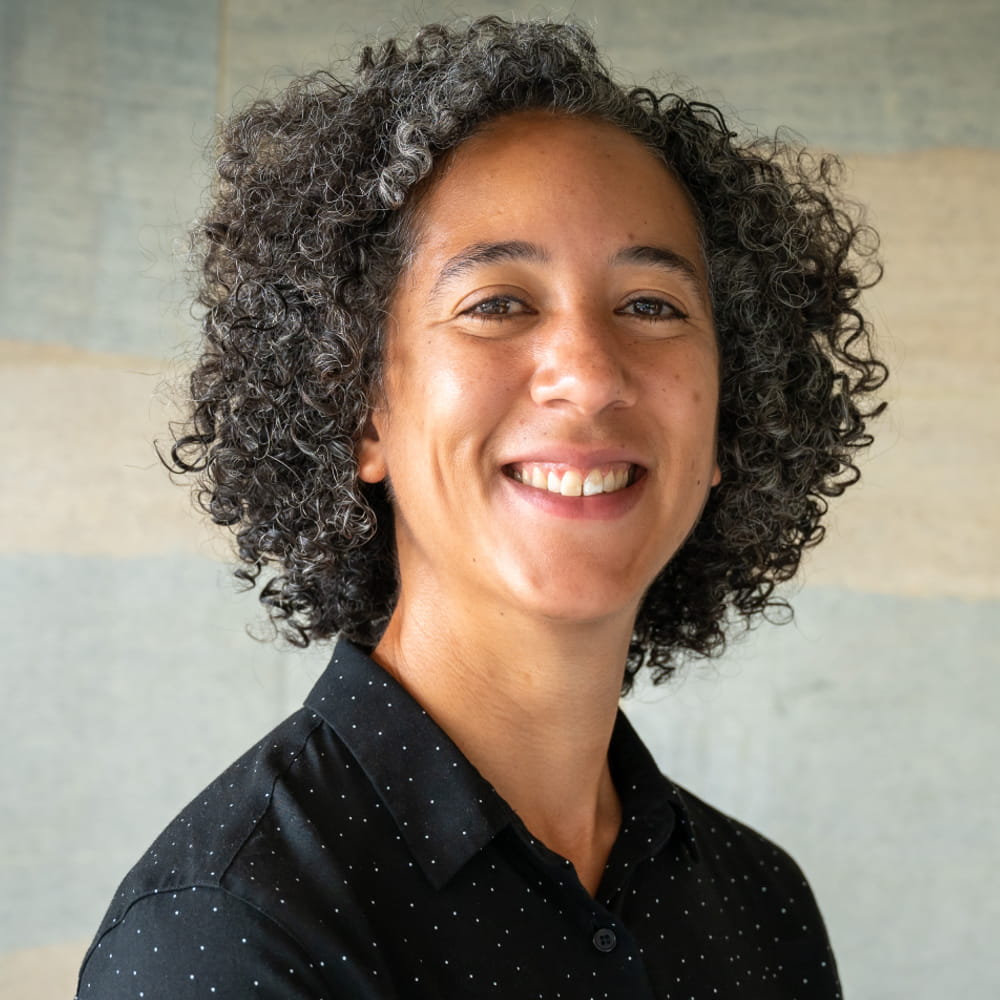Decolonising the curriculum at Essex: What? Why? How?
Dr Hannah Gibson and Dr Kyle Jerro are leading a project to decolonise our curriculum, here they tell us more about that work and how you can get involved.
Recent years have seen the growth of movements calling on educational institutions to acknowledge their role in shaping assumptions about racial hierarchies, and perpetuating racial inequalities. These fall under a wide range of titles, including ‘decolonisation’ and ‘transformation’ and are linked to international movements such as #RhodesMustFall, #LiberateMyDegree and ‘Why is my curriculum white?’
This is the first in a series of blog posts exploring some of these ideas and highlighting work that is currently under way at Essex on these issues. This post explores some of the ideas and assumptions on which much of this work is based.
What does decolonising the curriculum mean?
The term ‘decolonisation’ means different things to different people. In this context, we are using it to highlight the link between present-day racial inequalities and broader historical processes of colonialism.
In the context of education, it is based on the observation that global histories of Western colonial domination have impacted on – and limited – what is considered knowledge and whose knowledge is recognised. This has in turn affected both what we teach and how we teach.
By decolonising the curriculum, we seek to engage with what are in many instances the problematic historic origins of our disciplines, unpack diverse bodies of knowledge and approaches to learning, and to explore ways to make education as equal and just as possible.
Why decolonise the curriculum?
A central part of the call to decolonise the curriculum is linked to addressing racialised disadvantage in higher education.
Black students and students from minority ethnic backgrounds are impacted by racial inequalities at all stages of higher education, through admission to university, progression and degree awarding. Rather than continuing to operate within inequitable power structures, decolonising the curriculum seeks to address inequalities, as well as to use education as a tool for liberation and transformation.
The inequalities in our society are often reflected in and perpetuated by our educational systems. This means that not all students have equitable experiences of education. Many of us have not had teachers whose gender identities reflect ours, teachers who look like us, or teachers who talk like us. And, regardless of the identities of our teachers, whether we feel able to fully express ourselves in these contexts can also have a profound impact on our experiences of education.
So what does this process look like? What can I do?
There are important steps here involved in looking at the content of courses, at which authors are cited (Are they all white? Are they predominantly male? Are they cis-gender?). Visibility is crucial in terms of recognising the work of marginalised and racialised people, as well as providing a range of resources which is reflective of the diversity of the student body and our communities.
However, what these lists look like is only part of the concern here. We encourage educators to also explain who is on their reading lists, and why? Providing some discussion of why specific texts are crucial, as well as acknowledging that you are aware that certain voices are missing, can be an important part of bringing these issues to the foreground and addressing inequalities.
Similarly, do the tasks that students are asked to do allow them to bring themselves and their experiences into the learning environment? Does the work allow for reflection? Does it allow for diversity of experience and diversity of opinion?
Here we are thinking about teaching and assessment, but there have been calls more widely to decolonise the university – to look at who is teaching, who is managing the university structures? What structures are Higher Education Institutions connected with and contributing to? Do these links support racist power structures?
What is happening here at Essex?
There are a number of ongoing initiatives that have been taking place at Essex, at both departmental and University level. Recently, as part of the Education Strategic Fund project ‘Decolonising the curriculum and anti-racist pedagogy: teaching and learning for all’ we have set up a working group looking at embedding some of these ideas into our work at the University.
We are putting together a ‘decolonising the curriculum’ reading list which has resources for educators looking to engage with some of these ideas, as well as broader reading on the topic. There are some guidelines, checklists and toolkits developed at other universities which people might find helpful.
There is also on-going work seeking to address racial inequality at the University of Essex and Higher Education more broadly. There is an anti-racist reading group (and an associated Talis reading list). The Students’ Union has been very proactive and have taken a leading role in trying to address many of these issues.
In subsequent posts we will look in more detail at issues related to decolonising the curriculum and highlight a range of voices who are engaging with this work.
How can you get involved
If you want to get involved in this work email Hannah Gibson and Kyle Jerro to be added to the ‘Decolonising the curriculum and anti-racist pedagogy’ mailing list.
Please also consider having a look at this growing list of anti-racist resources which have been compiled in light of recent events in the US but which have ongoing global relevance.
The next blog post in this series will be by Samira Diebire, the 2019-20 Black Student Community Officer.

